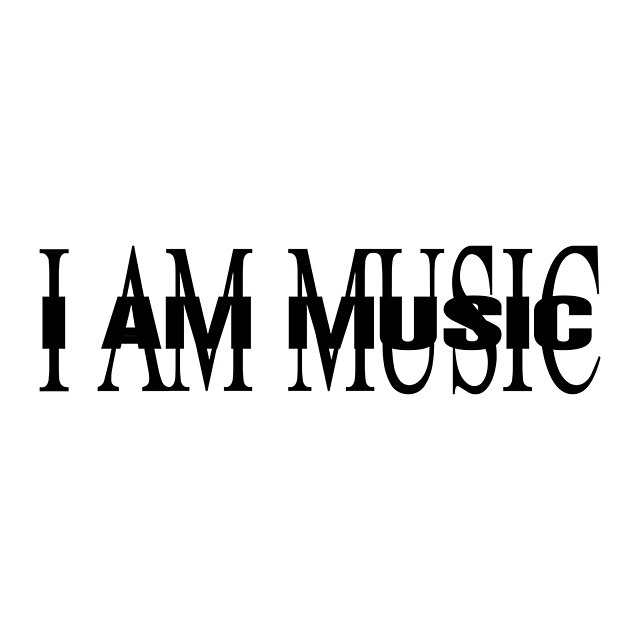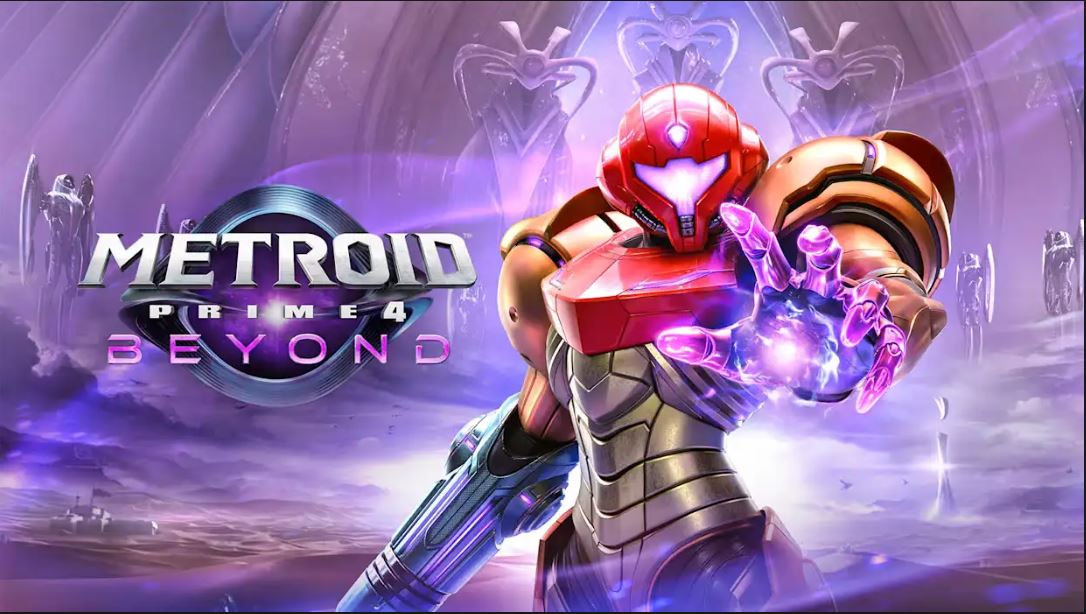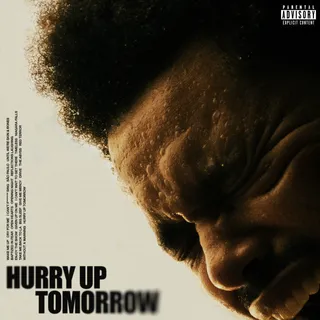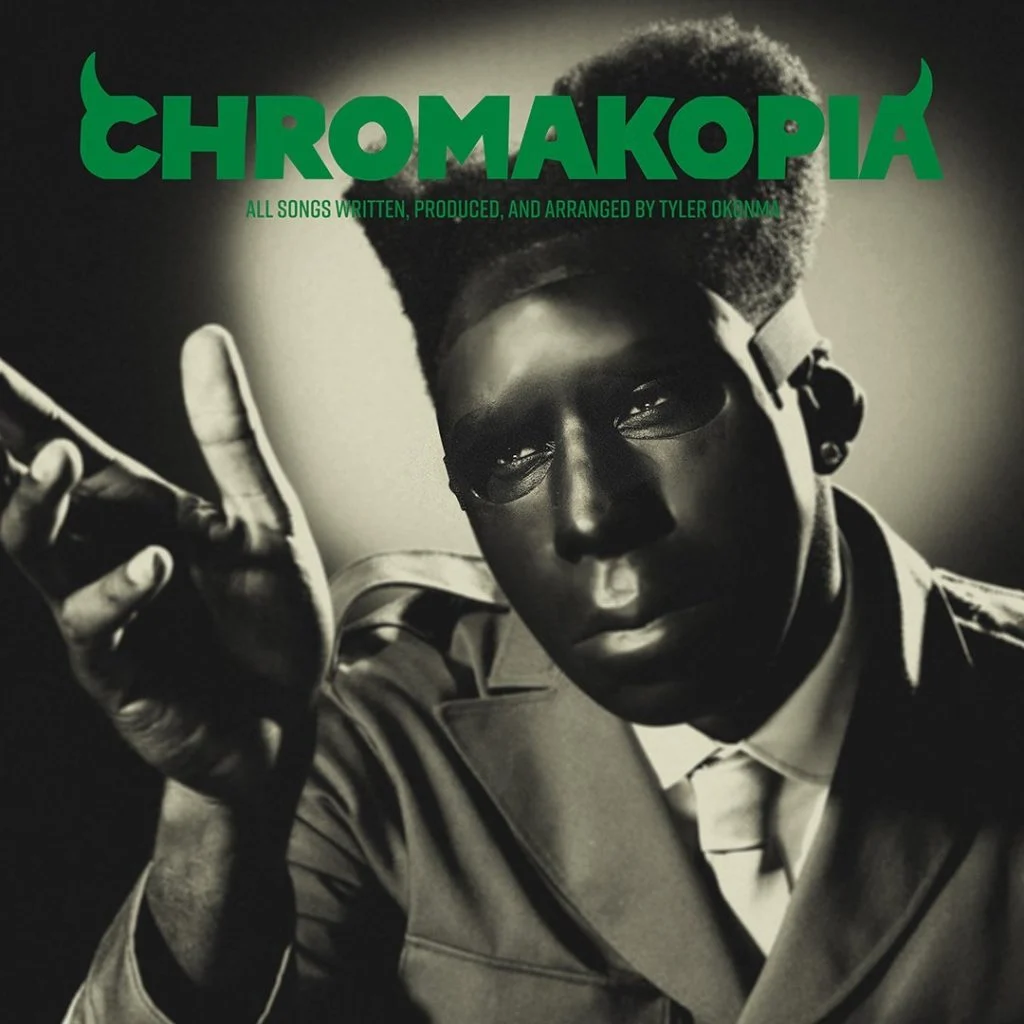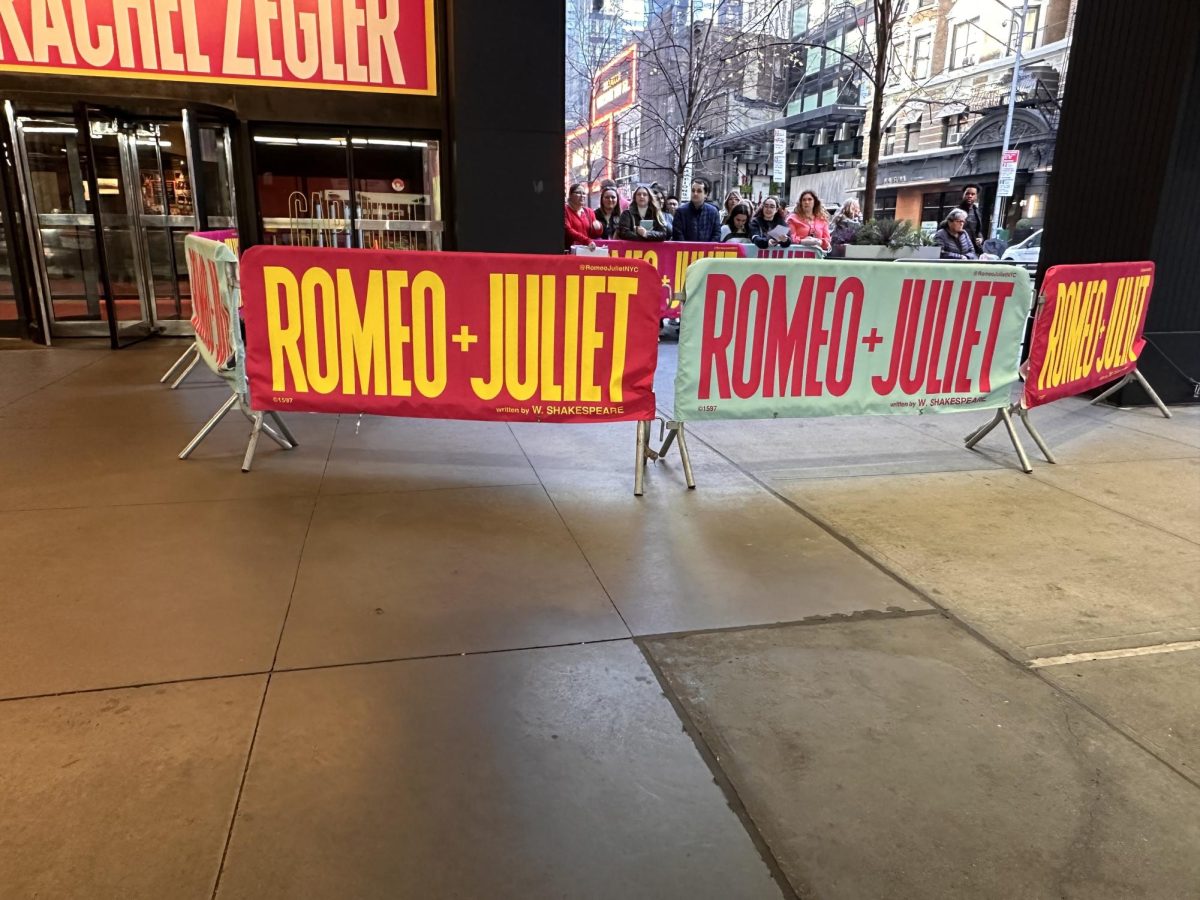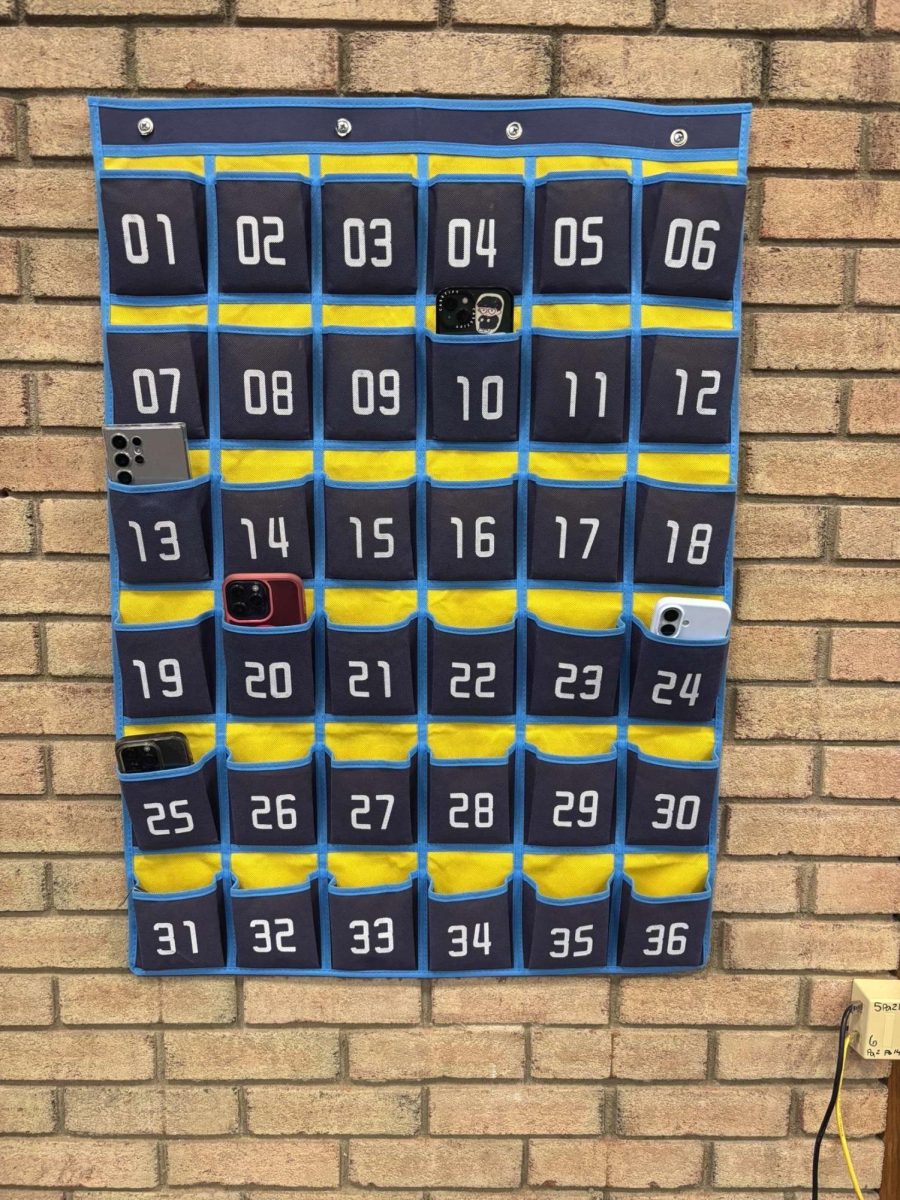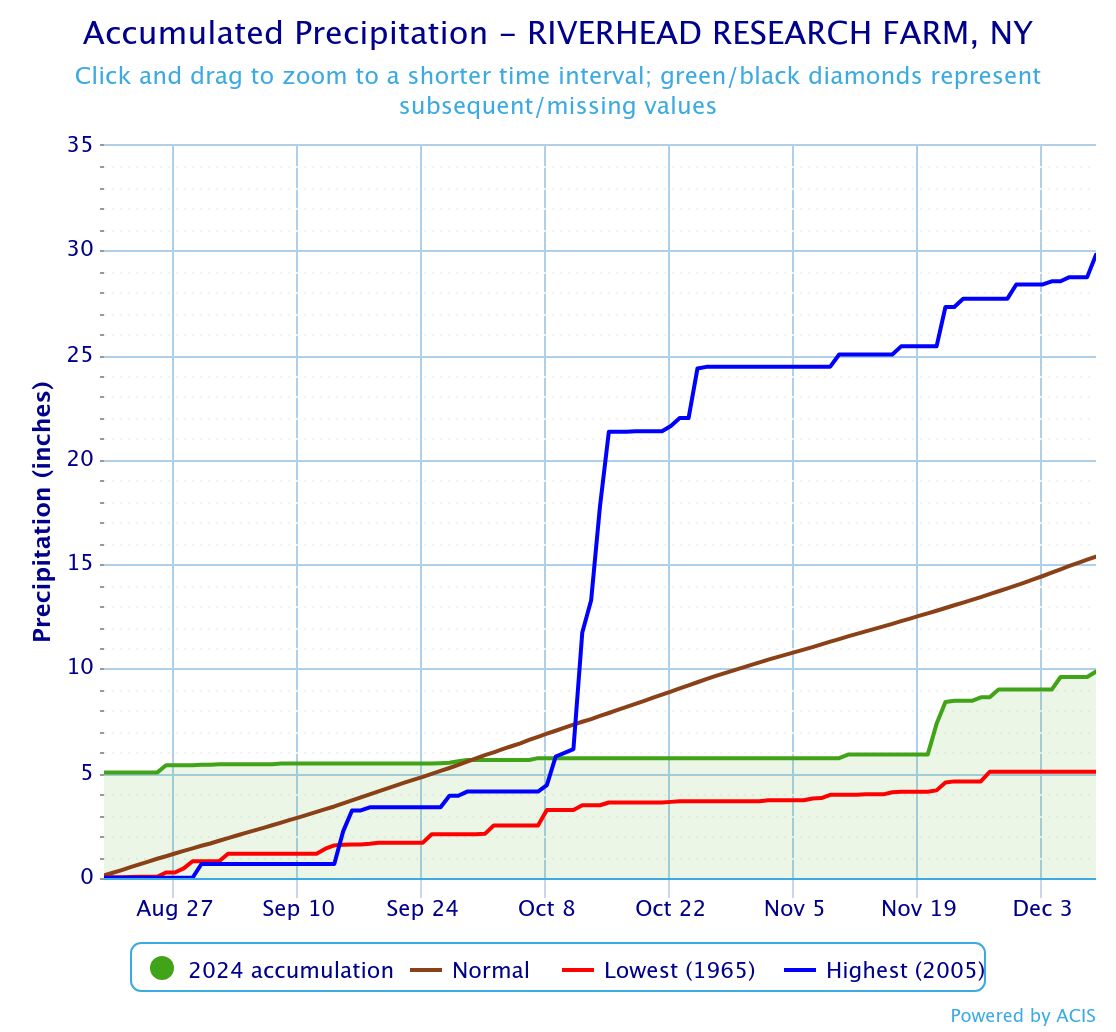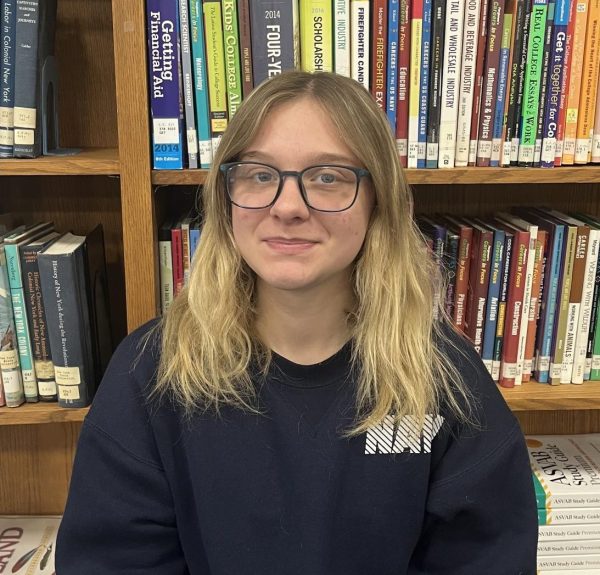Artificial intelligence is becoming more common in daily life, but some aspects of AI have led to concerns.
AI is used commonly on social media. People use the help of AI to create videos, photos, and even music. This has sparked some musicians speaking out about the increasing use of AI.
More than 200 artists, including A-list celebrities such as Katy Perry, Billie Eilish, and Nicki Minaj have collaborated and written an open letter organized by the Artists Rights Alliance calling out AI developers and other tech companies.
The letter states that “When used irresponsibly, AI poses enormous threats to our ability to protect our privacy, our identities, our music and our livelihoods…AI will set in motion a race to the bottom that will degrade the value of our work and prevent us from being fairly compensated for it.”
One major concern is that the technology has been known to steal artists’ voices. If you’re on TikTok, you have probably seen AI covers of popular songs. For example, “Someone you Loved” by Lewis Capaldi being sung by the cast of SpongeBob. Though some would argue this is good content and makes people laugh, it can potentially damage the creativity and humanity of the craft of music.
Among the Drake and Kendrick Lamar beef, Drake has recently been called out for using AI in his diss track “Taylor Made Freestyle.” He is being threatened with legal action from the estate of Tupac Shakur for using imitation of his voice on the track. According to Informa, the lawyers on Tupac’s estate’s behalf were “deeply dismayed and disappointed” due to how Drake did not have permission to use his voice. The song has been taken down off streaming platforms.
Some governments are tacking action. To start addressing these concerns, Tennessee passed a law called the E.L.V.I.S. (Ensuring Likeness and Image Security) Act, named after Tennessee resident Elvis Presley, in order to amend Tennessee’s Protection of Personal Rights Law to include artists such as songwriters and other musicians. This is the first law passed in the nation to address AI’s impact on the music industry, and it will go into effect July 1st. This act will make it illegal for someone to replicate a creator’s voice without their consent.
In Tennessee, this is relevant because the music industry supports over 60,000 jobs across the state and contributes to a 5.8 billion dollar industry. Tennessee is also known as the birthplace of country music and the music capital of the world.
In addition, on April 30 a British artist, FKA Twigs, testified before the Senate Judiciary Subcommittee on Intellectual Property on Capitol Hill after filing a written testimony on AI. She wanted to warn the members of Congress of the unfair use of AI used to mimic artists’ voices and unique styles. She and the Warner Music Group CEO, Robert Kyncl, planned to propose an act called the NO FAKES Act. The purpose of this law would be to protect people from non-consensual deep fakes and to create federal rules that protect people from their voice and/or image being created with AI.
In the UK, delegate Tom Plater spoke at the TUC Young Workers’ Conference, discussing the importance of protecting creator copyrights against AI as well, according to the Musicians Union.
Some would argue that AI can also possibly be used for good in music. It can “generate content in seconds, synthesize sound-alike vocals, separate elements on the same track and much more,” according to Ohio University.
However, this issue is uncharted territory, which leads to more concerns. As of right now, it is unknown if other state or even the national government plans on making stricter regulations against AI. In the meantime, artists must wait to see what will happen next .
